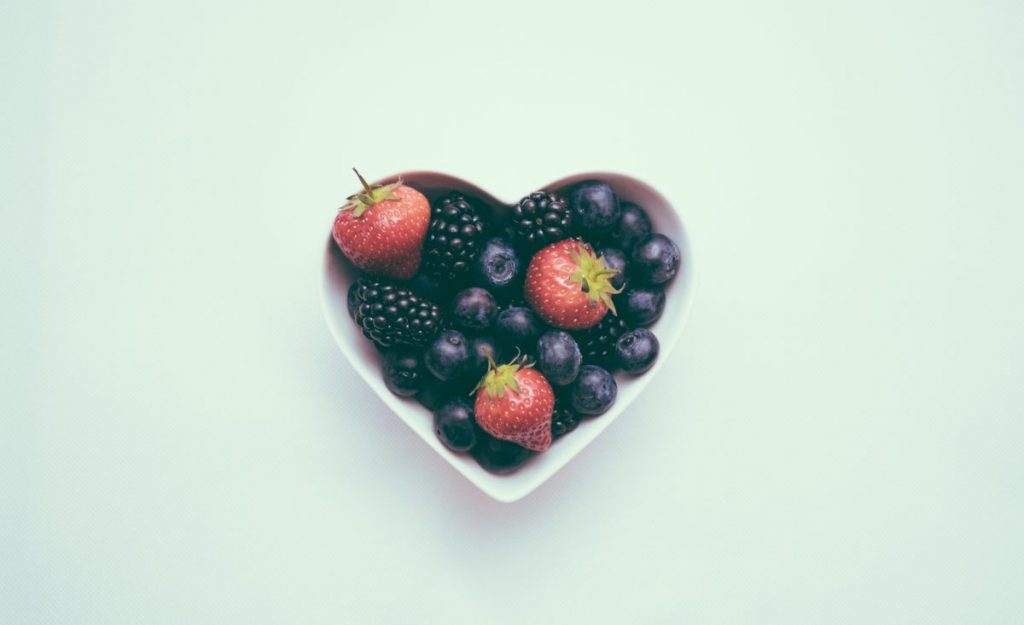Best snacks to keep your energy up in the gym

Whether you’re doing a casual workout or training for a major sporting event, what you eat and drink is really important.
The right nutrition will help you perform at your best and achieve your goals. As well as providing energy to fuel your body during exercise, it will reduce your risk of injury and illness and help you to recover afterwards. So what foods should you eat and when is it best to eat them?
Try these snack, meal and drink ideas to help you get the most out of your gym session.
Before exercise
Before your workout, try to eat a meal or snack that:
- is high in carbohydrates to increase your blood glucose and glycogen levels
- contains some protein to help your muscles recover after exercise
- is low in fat and fibre as these can take a long time to digest and may cause tummy problems
Pre-exercise snacks
30–60 minutes before you exercise, pre-exercise snacks could include:
- Greek yoghurt with fruit
- homemade granola bars
- bagels, rice cakes or crispbreads topped with chopped banana
- a smoothie made with fruit and low-fat milk
Pre-exercise meals
2–3 hours before you exercise, pre-exercise meals could include:
- wholegrain cereal or porridge with low-fat milk
- two slices of wholemeal toast with poached eggs or baked beans
- a jacket potato with tuna and salad
- lentil and vegetable soup with a wholemeal bread roll
Pre-exercise hydration
Try to make sure you’re already well hydrated before you start exercising by drinking steadily throughout the day. Water, tea and coffee, all count towards your daily fluid intake. Fruit juice and smoothies also count, although it’s best to limit these to one small glass a day.
During exercise
You shouldn’t need to eat during a short workout because your body will use your blood glucose and glycogen stores for energy. But if you’re taking part in endurance or high-intensity exercise that’s over an hour long, you’ll need some extra carbohydrates for energy. For more information on this, speak to a dietitian for advice that’s tailored to you.
Hydration during exercise
During exercise, drink little and often to help you stay hydrated. Water should be enough for short workouts lasting less than an hour. If you’re doing a moderate-to-vigorous intensity workout lasting more than an hour, an isotonic sports drink (including homemade varieties) may be a better option. These drinks help to replace the sugar and electrolytes you lose through sweat when doing endurance exercise.
After exercise
After you exercise, it’s important to replenish your nutrient stores to help your body to repair and recover. Try to eat a meal or snack that contains:
- carbohydrates to replenish your glycogen stores
- protein for building and repairing your muscles
- fluids for rehydration
Post-exercise snacks
If you’re not having your main meal within 30 minutes after finishing your exercise, good
options for snacks are:
- a banana and a glass of low-fat milk
- a fruit and yoghurt smoothie
- a handful of dried fruit and nuts
- a sports bar that contains carbohydrates and protein
Post-exercise meals
Within 2 to 4 hours after you exercise, good choices for post-exercise meals could include:
- chicken or fish with potatoes and steamed vegetables
- pasta with Bolognese sauce and a leafy green salad
- vegetable chilli with rice or pasta
- noodle stir-fry with chicken or prawns and vegetables
Post-exercise hydration
Remember to keep rehydrating after exercise to help your body recover. If you eat and drink as usual after exercise, your hydration levels will gradually return to normal.
Low-fat milk is a source of carbohydrates, protein and electrolytes and can also help you to rehydrate after exercise. Try making a smoothie with banana and milk to help your body repair and recover.
Discover what works for you
Remember that everybody is different, and you might react differently to certain foods or eating at particular times when exercising. It could work best for your body if you eat 3 hours before you exercise to allow enough time for your meal to digest.
Or you might prefer to eat a small snack an hour before you start moving. Maybe eating a meal within 30 minutes after exercising doesn’t feel comfortable in your tummy, so drinking a smoothie is a better option for you. If you have an important event or race coming up, make sure you know what suits you and don’t try anything new on race day. Experiment with different foods and timings during your training and see what works best for your body.
With a degree level study in nutrition, we are certified to discuss all about nutrition with clients. Should you wish to take your nutrition to the next level, and increase your performance in the gym, why not check out our training packages here.